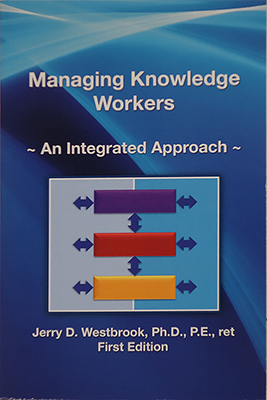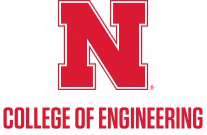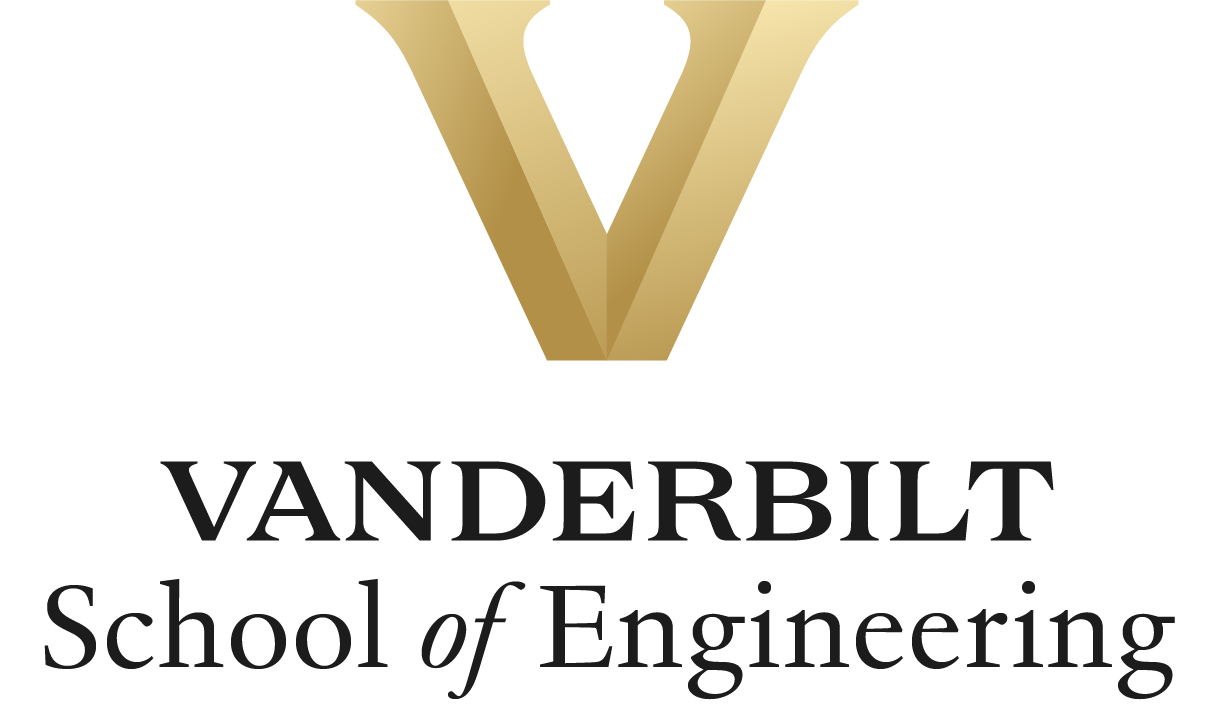- Home
- 06. EM Course Curriculum | Managing Knowledge Workers: An Integrated Approach
Members may claim their FREE electronic membership benefits HERE.
06. EM Course Curriculum | Managing Knowledge Workers: An Integrated Approach
Description
ISBN:978-0-9831005-1-5.
This book focuses on managing knowledge workers. Peter Drucker coined the term "knowledge workers" in recognition that most present and future workers work more with their minds than any physical attribute. Engineers are typical knowledge workers, and the majority of them evolve into managers in the first four years of their careers. The following is a summary of studies that have been conducted in the near past on the characteristics of engineers as managers.
Findings:
Typically, knowledge worker managers are intelligent and well meaning, but poor managers.
Knowledge workers possess, by education and inclinations, a mechanistic, rational approach to management.
As managers, knowledge workers rank only behind medical doctors and accountants. Every other group is better.
Findings:
What is the primary job of knowledge worker managers? To manage a group of people whose work is:
Difficult to detect (more mental than physical)
Difficult to evaluate
Whose good will toward the organization is crucial
Who can slow down or do little to no work, and not be detected for months, if ever
Conclusions:
Knowledge Worker Managers must understand and use information not taught in most undergraduate engineering or science programs.
Engineers and scientists know little about human behavior, a key component of managing knowledge workers.
The main asset of knowledge based organization is in the minds and abilities of its key employees.
Managing knowledge workers is not easy. It takes knowledge and skills that are not normally found in those who aspire to such a position. This book is designed to start the learning process that brings both success and enjoyment to those who manage those talented individuals.
The American Society for Engineering Management (ASEM) sponsors a seminar series "Engineering Management and Leadership professional Development Program". This book is the primary text for seven of the twelve half-day modules of the program.

















.png)

